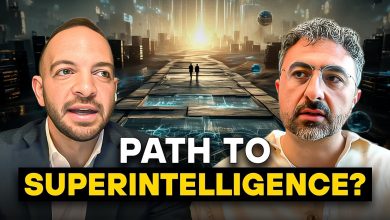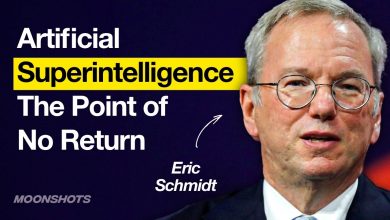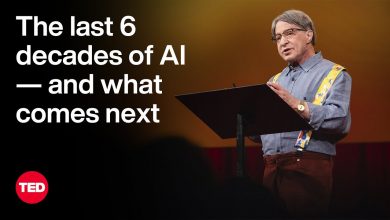Eric Schmidt: AI and the Genesis of a New Epoch
Eric Schmidt, former Google CEO, views artificial intelligence (AI) as the dawn of a new epoch, akin to the Enlightenment’s shift from faith to reason, as outlined in his discussions and book *Genesis: Artificial Intelligence, Hope, and the Human Spirit*, co-authored with Henry Kissinger and Craig Mundie. He describes AI’s emergence as a historic turning point, introducing non-human intelligence that could surpass human reasoning, potentially leading to Artificial General Intelligence (AGI) and superintelligence. This transformation, driven by AI’s recursive self-improvement, enables systems to learn and enhance themselves at an exponential pace, reshaping knowledge and posing philosophical questions about humanity’s role in a world where AI might solve problems beyond our comprehension.
Schmidt emphasizes AI’s transformative potential across disciplines, envisioning a “Cambrian explosion” of innovations in healthcare, science, and energy solutions for climate change. Tools like Google’s NotebookLM could amplify research, offering deep insights from existing data. However, he warns of societal unpreparedness, noting that governments and institutions are ill-equipped for AI’s rapid changes. Geopolitically, Schmidt frames AI development as a high-stakes race, particularly between the U.S. and China, with risks of preemptive actions escalating tensions. He highlights concerns about malicious AI use, such as cyberattacks or misinformation, and philosophical risks, like humans worshipping AI or losing cultural identity.
To address these challenges, Schmidt advocates for robust governance, including AI-powered threat detection and international agreements to prevent secretive advancements. He envisions AI as a “polymath in your pocket,” enhancing human collaboration across fields, but stresses the urgency of adapting to its accelerating pace, predicting systems 100 times more powerful within five years. Schmidt’s insights call for a balance of harnessing AI’s potential while preserving human agency, urging society to navigate this epochal shift with foresight and responsibility. For more, see *Genesis* at https://www.hachette.co.uk or Princeton’s event at https://alumni.princeton.edu. (298 words)



